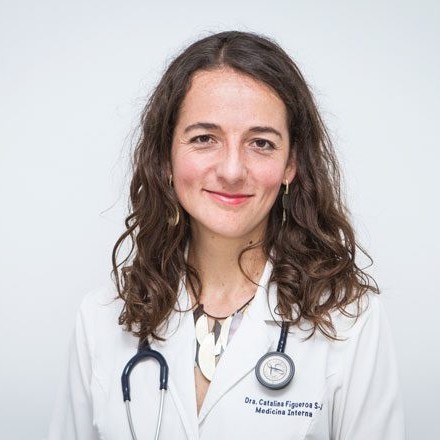Human health is closely interconnected to animal and planetary health, our lifestyles are largely determined by the environment that surrounds us, in the same way that human habits impact the health and balance of the entire ecosystem.
The latest Covid-19 pandemic provides additional evidence of these connections, and is only the last in a series of pandemics that broke out in the last decades, with outbreaks of non-communicable chronic diseases and mental health problems, and the concomitant and constant emergence of new infectious diseases.
Such outbreaks have been made worse because of the extra challenge of climate change impacts, as people suffering from chronic diseases are also those most affected by climate change, especially those living in vulnerable environments, threatened by food insecurity, greater exposure to droughts and heat waves, and limited access to safe environments for the practice of physical activity.
Medical doctors and health professionals have a leading role in our society, and can lead by example and practice, contributing to educate and help patients and communities to move towards the goal of adopting healthier lifestyles, along with contributing to promoting public health strategies that follow these principles. However, both a lack of time and knowledge related to the prescription of lifestyle changes can be a barrier and prevent health professionals from working with patients and trigger the much needed change of habits people need.
Such change is even more important as the same healthy habits for humans are also those that contribute to climate change mitigation and adaptation. These include consuming in moderation; eating a predominantly whole-food plant-based diet, from local, diverse, and seasonal ingredients; more active mobility, limiting the use of fossil-fuelled vehicles; increasing green areas in urban environments, which reduce heat and noise pollution, promote better sleep and reduce stress levels, enhancing sociability and wellbeing. These climate-friendly behaviours are the basis of “Lifestyle Medicine”, and help prepare our immune system to face the constant and increasing exposure to various environmental toxins from different sources, including the air we breathe, the water we drink, and the food we eat.
In addition, “Lifestyle Medicine” has the potential to reduce health costs and demand for healthcare, by using preventive strategies focused on community care, and not so much on more costly treatments delivered in bigger hospitals and in more complex and highly specialized health centers. Helping to improve healthcare skills for prescribing lifestyle interventions will help us to fight the double challenge of chronic diseases and climate change.
 |
Dr Catalina Figueroa – President of the Chilean Society of Lifestyle Medicine (SOCHIMEV) |
The Chilean Society of Lifestyle Medicine (SOCHIMEV) is an organization founded in 2021 by health professionals dedicated to the development of Lifestyle Medicine in Chile. Based on the most solid and updated scientific evidence, the organization aims at building multidisciplinary networks and collaborating with other people and institutions that work towards the same goal of transforming the foundations of our health system, and redefining health care through the fundamentals of Lifestyle Medicine. Follow SOCHIMEV on Twitter, LinkedIn, Facebook and Instagram.


